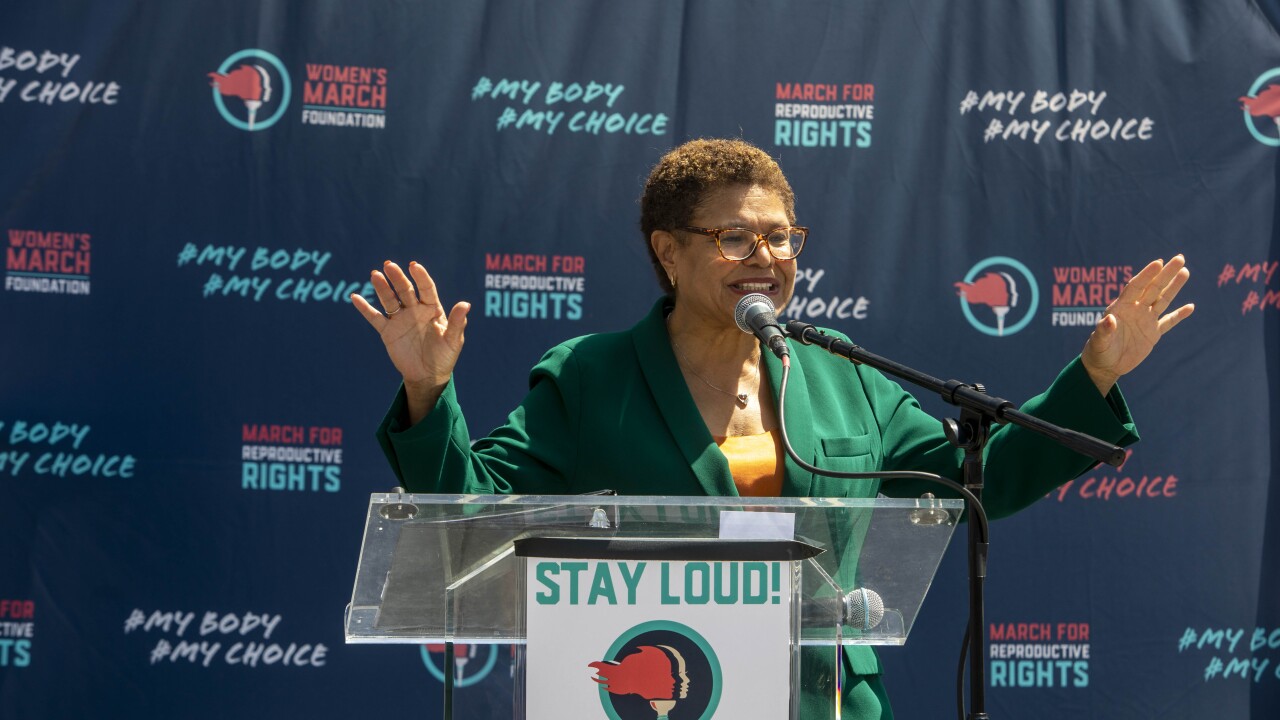A bond-financed professional soccer stadium and the Poplar Point waterfront project where it would be located in the District of Columbia face another hurdle: a group of environmentalists wants the project halted.
The group filed its intent to sue the U.S. Army Corps of Engineers, Department of the Navy, Architect of the Capitol, District of Columbia, and National Park Service on June 24, according to a letter sent to city officials.
The group includes the Anacostia Riverkeeper, the Earth Conservation Corps, and the Potomac Riverkeeper, among others. The group said that site is polluted and needs to be cleaned before any projects are completed.
This comes after a group of economists came out against the stadium project, saying it would not bring sufficient revenues to the city to justify its construction.
“Economic research on the impact of professional sports stadiums suggests that the proposal to provide between $150 million and $225 million in public funds to build a new professional soccer stadium in the District of Columbia likely will not generate notable economic or fiscal benefits for the city,” said a statement by the D.C. Fiscal Policy Institute signed by 26 economists. “Most studies find that new sports stadiums do not increase employment or incomes. Some even find that stadiums have a modest negative effect on local economies.”
The stadium for Major League Soccer’s D.C. United team would be located on a site in Ward 8 of the city called Poplar Point, a $2.5 billion, 110-acre project aimed at transforming waterfront land into a mixed-use development, similar to Baltimore’s Inner Harbor.
The stadium plan has yet to be formally introduced by any District Council member, though sources have said it could still happen this summer. It calls for bonds that would be backed by excess tax revenue — expected to be about $20 million per year — collected from the Washington Nationals ballpark tax.
The district’s chief financial officer, Natwar Gandhi, told Mayor Adrian M. Fenty and the District Council in a letter in February that the predicted excess revenues — which are above what the city would need to pay debt service on about $535 million of tax-exempt and taxable bonds issued for the ballpark — could possibly back debt for a new project.
Sean Madigan, spokesman for the deputy mayor for planning and economic development, said he could not comment about the lawsuit. He said the district is currently conducting an environmental impact study, which will take about 18 months to complete.
The district hosted a community hearing on the project, and Madigan said “a lot of people came out” and gave comments, which will help the district in its planning.





